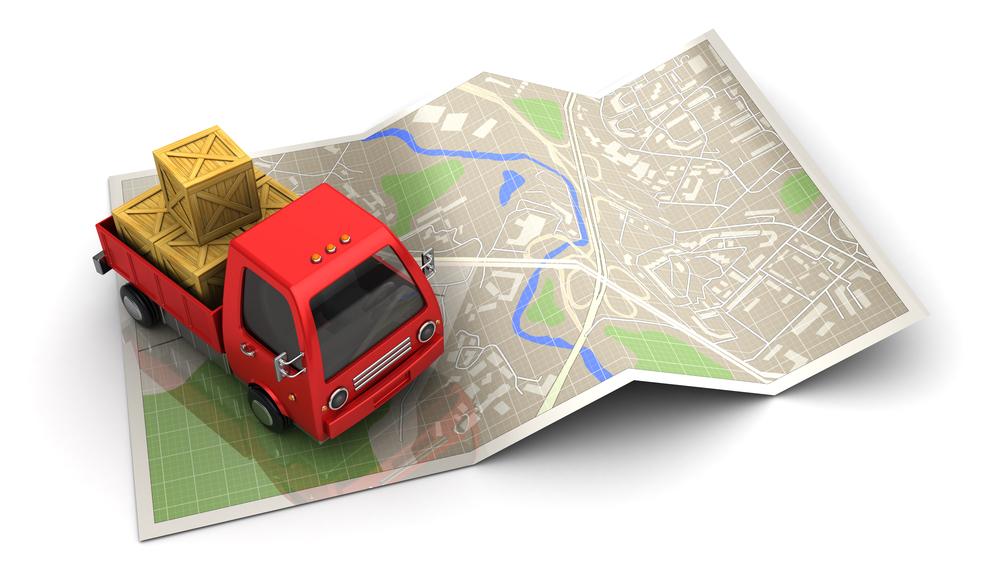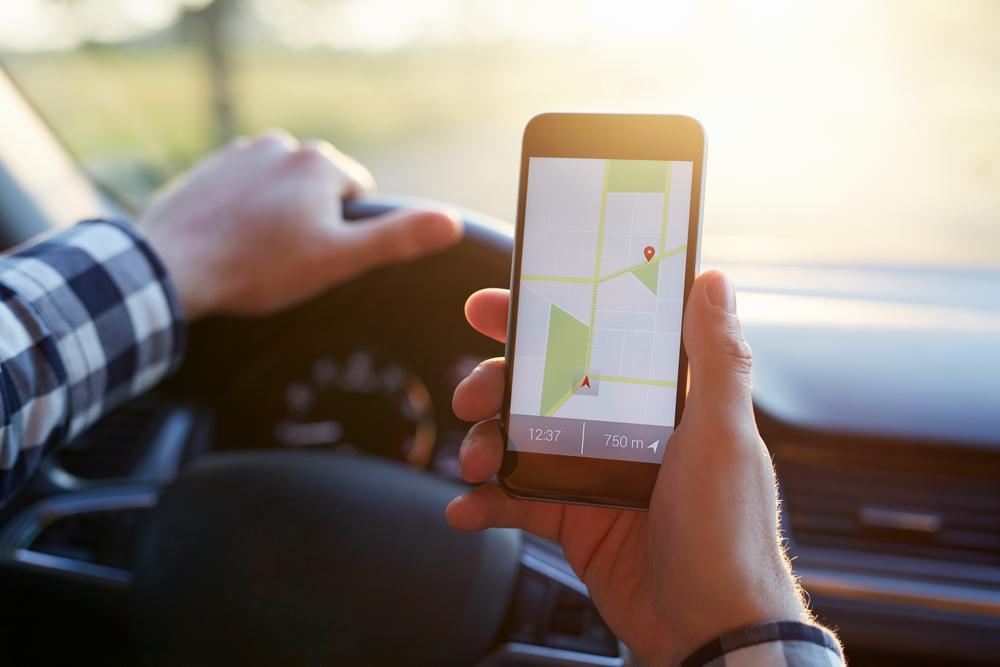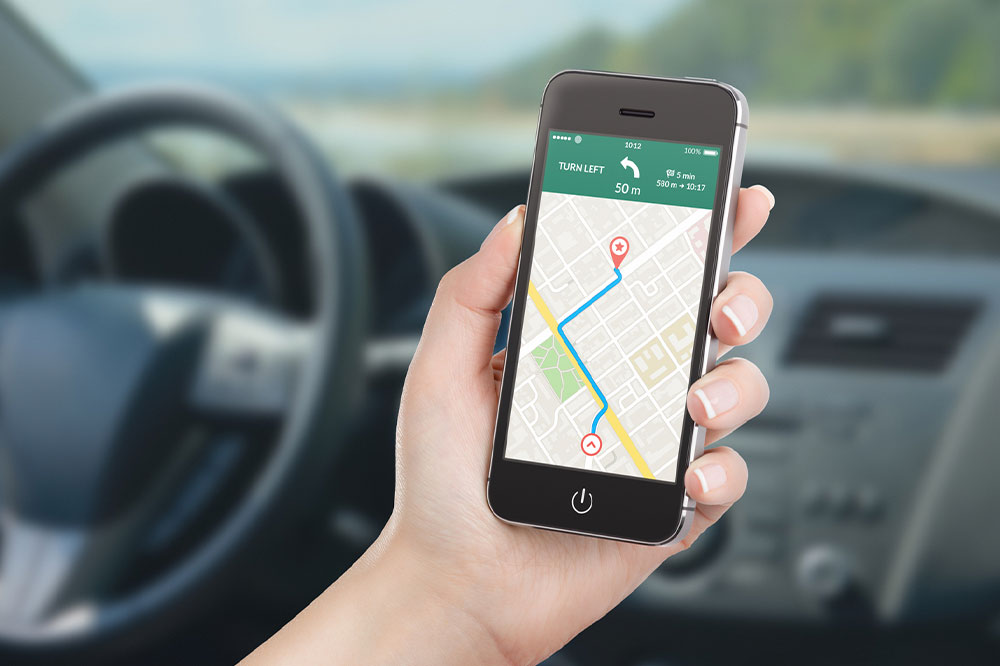Top 6 Advantages of Implementing a GPS Tracking Solution
Discover the key benefits of GPS tracking systems, including fleet management, real-time traffic updates, asset security, and improved customer service. Learn how this technology can optimize operations, save costs, and enhance safety for personal and business use. From vehicle tracking to inventory management, explore practical applications that boost efficiency and reliability across industries.

Top 6 Advantages of Implementing a GPS Tracking Solution
GPS and navigation tracking technology uniquely identify the precise locations of valuables, pets, and even individuals. While it may seem unusual, many people now use smartphones and specialized apps to monitor loved ones or assets.
Businesses recognized the immense potential of this technology over the last three decades and developed various innovative uses, making GPS tracking systems popular for personal safety and operational management.
Efficient fleet management and optimized delivery routes reduce operational expenses through precise location tracking.
Sharing live traffic updates allows fleet operators to avoid congestion and select alternative routes, ensuring faster deliveries.
GPS systems combined with navigation tools enable monitoring fuel consumption, scheduling vehicle maintenance, and enhancing efficiency.
Real-time inventory tracking simplifies financial management and eliminates uncertainties in stock control.
Effective inbound and outbound inventory monitoring helps streamline scheduling, planning, and resource deployment.
Monitoring key assets leads to quicker operations, cost savings, and improved productivity.
Typical uses of GPS tracking include:
Personal safety devices: Parents concerned about their children's safety can use personal GPS trackers to locate them instantly, offering peace of mind even when phone batteries die.
Route optimization for deliveries: Businesses relying on transportation benefit from GPS trackers installed on fleets, enabling precise location tracking and effective route planning to meet delivery priorities.
Lower insurance premiums: Equipping vehicles with GPS trackers increases safety and provides real-time location data, resulting in reduced insurance costs.
Employee monitoring: GPS tools help supervise drivers during work hours, ensuring operational accountability.
Asset protection: Embedding GPS trackers in valuables or equipment helps recover stolen items by pinpointing their exact whereabouts.
Customer experience: GPS systems allow customers to track their orders, boosting transparency and trust. Retailers and e-commerce platforms rely on real-time tracking from order placement to delivery, enhancing service quality.
Note: Our blog provides diverse insights and practical information across various topics. While our research offers valuable guidance, users should verify details independently as data discrepancies may occur. We do not guarantee all information reflects current schemes or offers available in the market.










